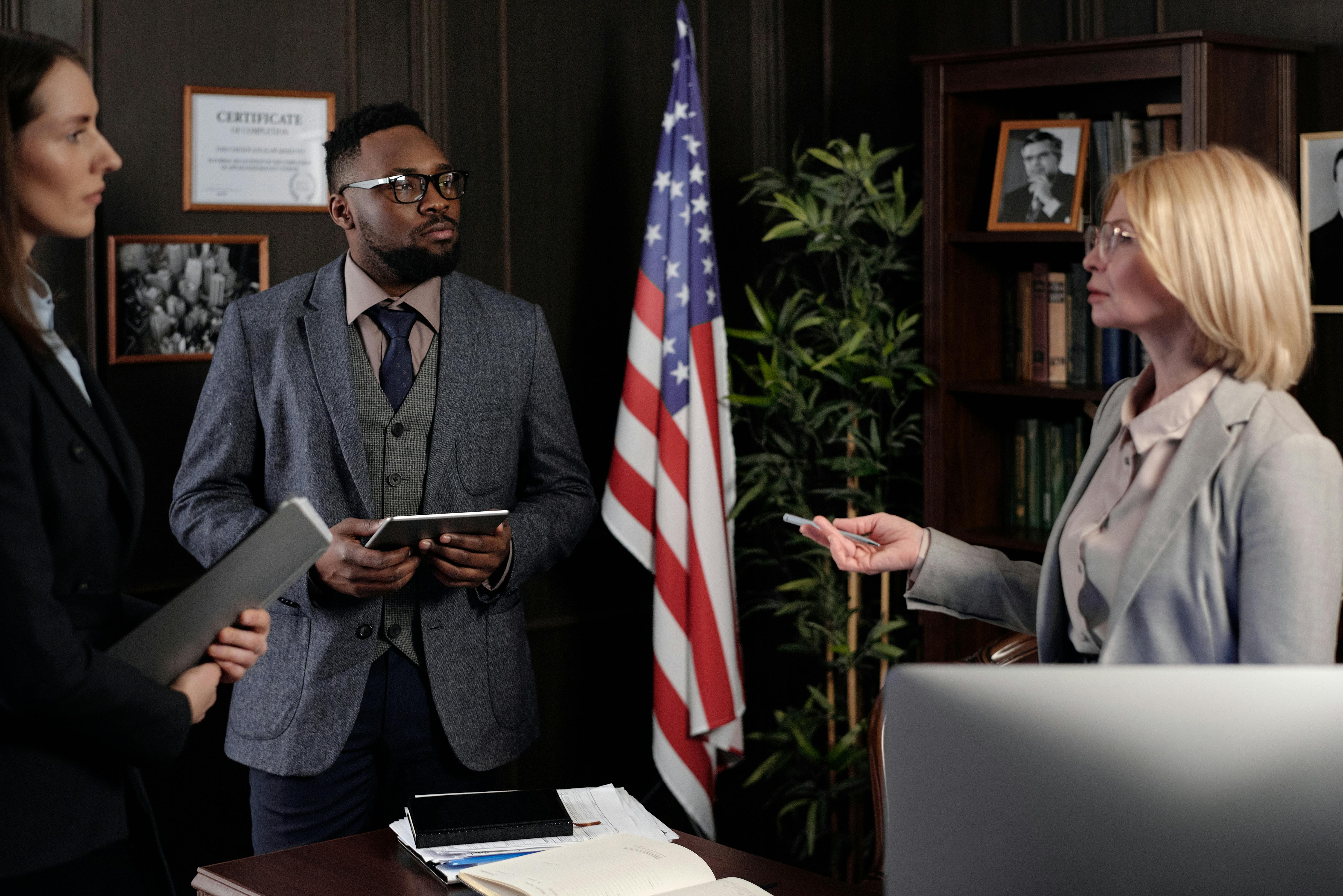When it comes to the emotional abuser, why am I angry?
Isn’t it amazing to get to the point in your life where you’ve been so angry for so long that you don’t even know who or what you’re angry at?
If you have been in a relationship with an emotional abuser, this is a common feeling. The fact that you have experienced continuous rejection, broken promises, lies, deception, belittling, and all the other kinds of disrespect that happened to you is reason to be angry.
This is perhaps where you need to start figuring out exactly who you are angry with and why. Go back to the moment when she began to change from what she was when she became involved with the emotional abuser.
Before this relationship, you would probably say that you were generally a happy person, you felt like you knew what you wanted out of life, and you basically enjoyed life. When unexpected negative situations occurred, you rose to the occasion, thought about what needed to be done, maybe experienced some strong emotions, resolved the situation, and went on with your normal life.
Once you got involved with the emotional abuser, unexpected negative situations did not happen once in a while. They happened almost every day, if not every day.
In this type of relationship, your system could never achieve homeostasis. You were always out of balance.
Being that you were in endless turmoil emotionally, it was easy to lose track of why you were angry. Situations that made you angry yesterday were not resolved and on top of that you had situations that made you angry today.
That brings you to the question: “Why am I angry?” The main answer to that question is that you were disrespected and treated unfairly.
If you go back and look at most of the situations in which you experienced the feeling of anger, you will find that the emotional abuser was disrespecting you in some way or that the situations that occurred were unfair.
Who are you mad at? Initially, I was angry at the emotional abuser and that needs no explanation. After a while, you started to get mad at yourself.
Angry at yourself because you knew how you were being treated and you were letting it happen. Angry at yourself that maybe you got out of the relationship and then went back into it even though you knew things hadn’t changed.
Mad at yourself for this and mad at yourself for that. Angry at the emotional abuser for this and angry at the emotional abuser for that.
The good thing about all this is that you are wondering who and what you are angry with. When you start asking those two hard questions, you’ll be ready to see those answers.
You are at a point of being ready to take 100% responsibility for your actions. You can blame all you want on the nasty treatment of the emotional abuser, try to figure out why they do or don’t do what they do or don’t do, get all kinds of education and answers about narcissists, psychopaths, sociopaths and the like, but bottom line are you ready to assume full responsibility for your choices?
Looking and accepting that you made the decision to stay is something difficult to swallow. Regardless of the situations and circumstances, you are acknowledging that you want to stay.
Are you mad at yourself? sure you are Who wouldn’t be?
So what can you do with this now? Learn from it!
Use the powerful negative emotion of anger and become the opposite end of the spectrum to be positive. Use the force that is present to push you to make wise decisions.
When it comes to intimate relationships, decide that you will only allow people who are respectful into your life. Decide that you will only allow people into your life who treat you fairly.
What other options do you have if you want to be a happy person again? What other options do you have if you want to effectively deal with unexpected situations that arise in the course of living and move on and continue to enjoy life?
The knowledge you learned from being in a relationship with an emotional abuser will help you choose better relationships. You paid the highest possible tuition for this knowledge.
You paid to gain this knowledge with your time and your life. Be encouraged to use this knowledge and move forward in a way that enriches your life.








